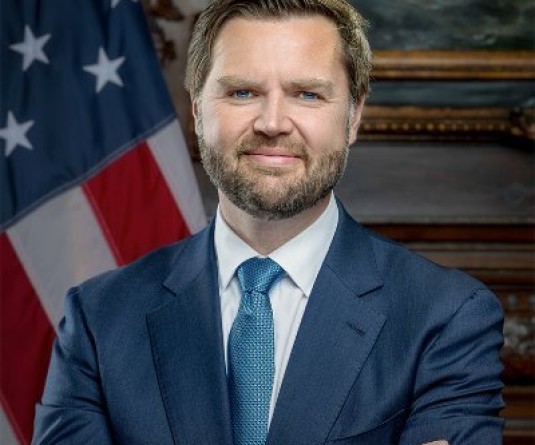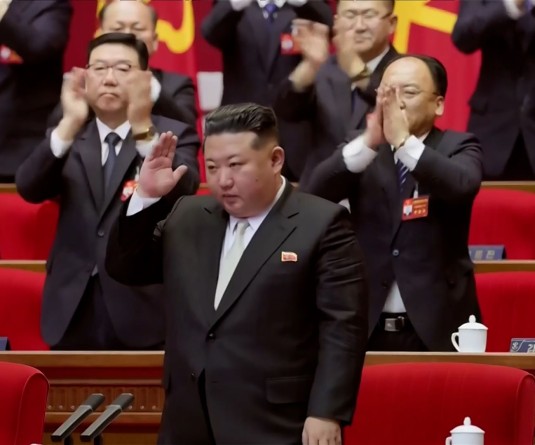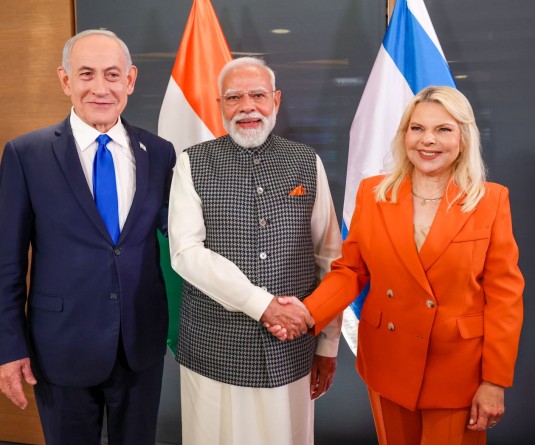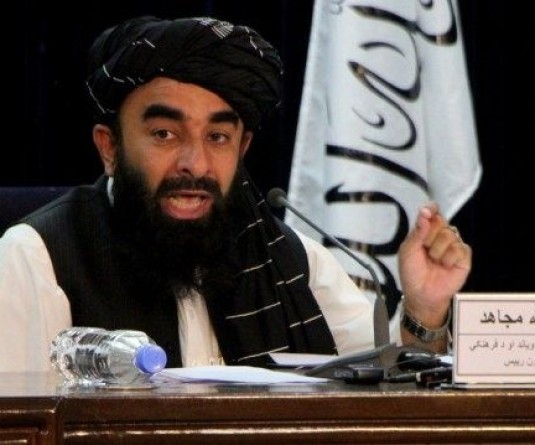Russia says U.S. may be aiming to quit nuclear test ban treaty
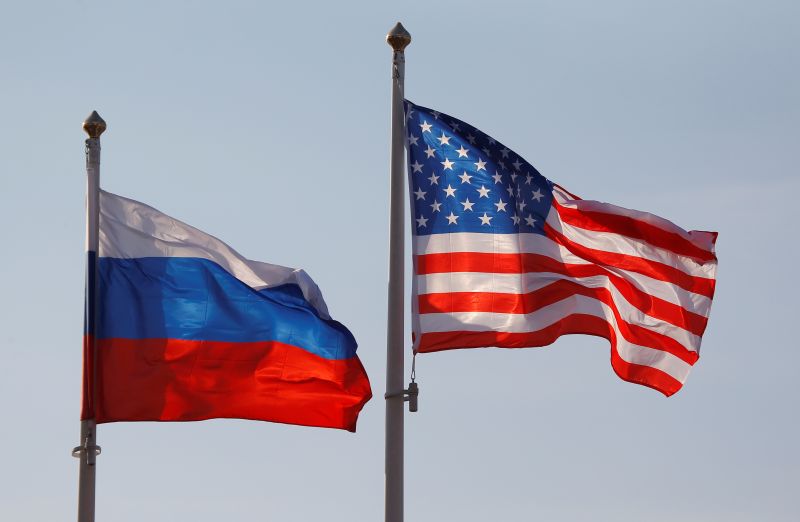
National flags of Russia and the U.S. fly at Vnukovo International Airport in Moscow, Russia on April 11, 2017. (REUTERS File Photo)
GENEVA, July 30 (Reuters): The United States may be planning to quit an international treaty that bans nuclear explosions, using accusations of Russian non-compliance as a pretext, a Russian diplomat told the world's main arms talks forum on Tuesday.
The United States has signed but not ratified the Comprehensive Nuclear-Test Ban Treaty (CTBT), although it has observed a unilateral moratorium on nuclear testing which U.S. President Donald Trump's administration has said will continue.
"It would appear that through propaganda around false claims about Russia's compliance there are attempts to prepare international opinion for a U.S. exit from the CTBT and then to blame Russia again for everything," Russia's deputy permanent representative in Geneva, Andrey Belousov, told the Conference on Disarmament,
He was speaking days before the deadline for a U.S. withdrawal from another nuclear pact, the Intermediate-Range Nuclear Forces Treaty (INF).
The United States is set to pull out of the INF accord on Aug. 2, saying it needs to develop its own warheads to deter Moscow, although Russia says it is fully compliant and blames Washington for orchestrating the U.S. withdrawal.
"I can say quite firmly that that kind of trick will not work again," Belousov said.
Washington was aiming for an unlimited increase in strategic potential, including offensive nuclear capacity and defensive missile defence components, he added.
"The USA is thus seeking to gain an enormous military advantage over its military, political and economic rivals," Belousov said.
“We may be on the eve of a new era when all of the previous achievements of arms control and non proliferation are set back to zero,” he said, adding that it was difficult to censure U.S. behaviour because of its allies' support.
British ambassador Aidan Liddle said Britain, like all NATO countries, considered that Russia was solely responsible for the demise of the INF treaty thanks to its development and deployment of a banned system.
"His talk of unswerving compliance with arms control and disarmament treaties is empty rhetoric not borne out by the evidence," Liddle told the Conference on Disarmament.
No U.S. diplomat immediately responded to Russia during the debate.


